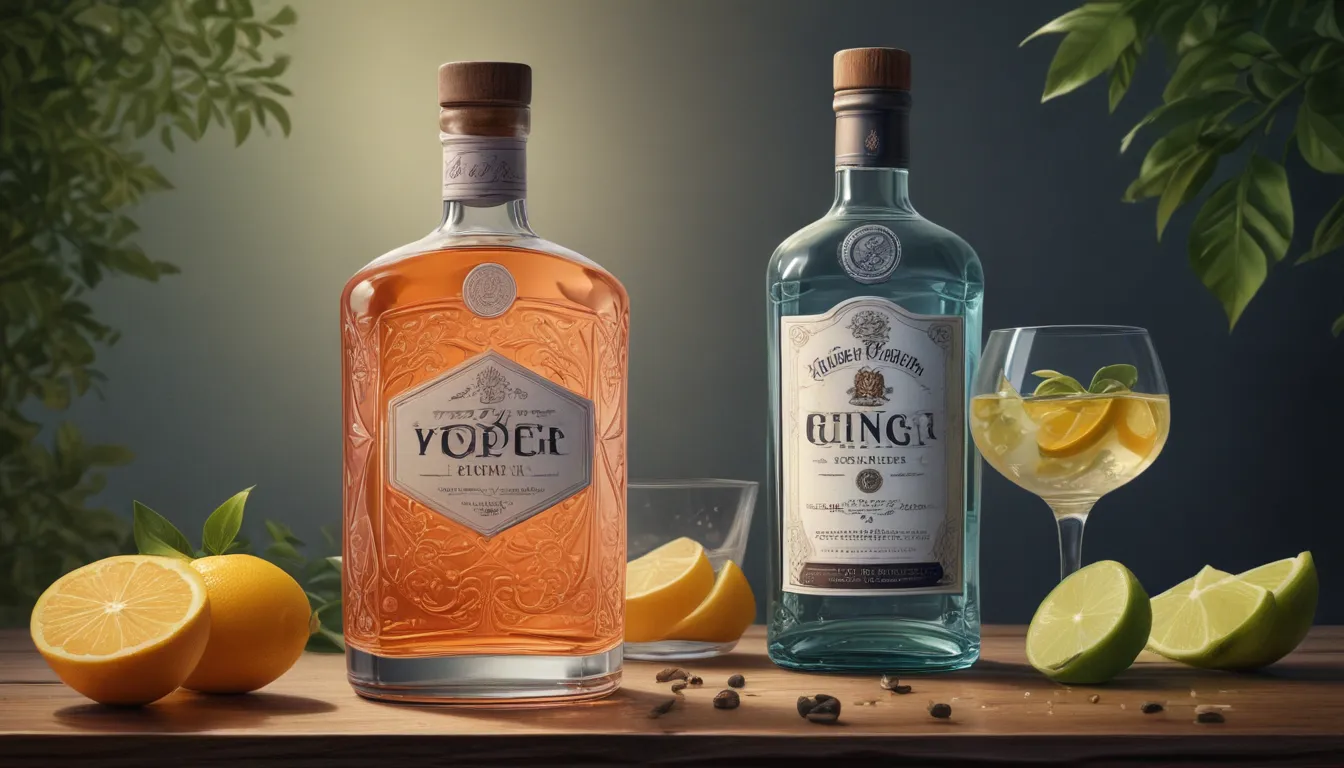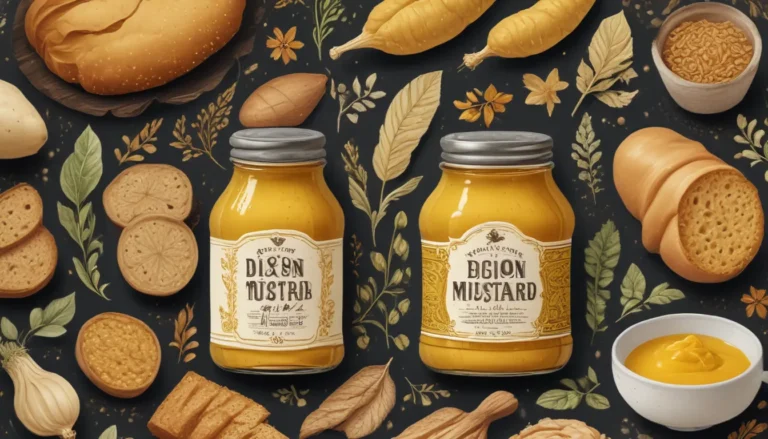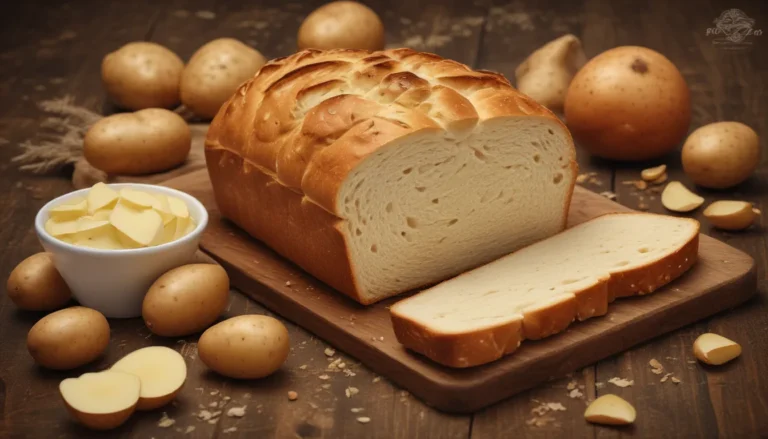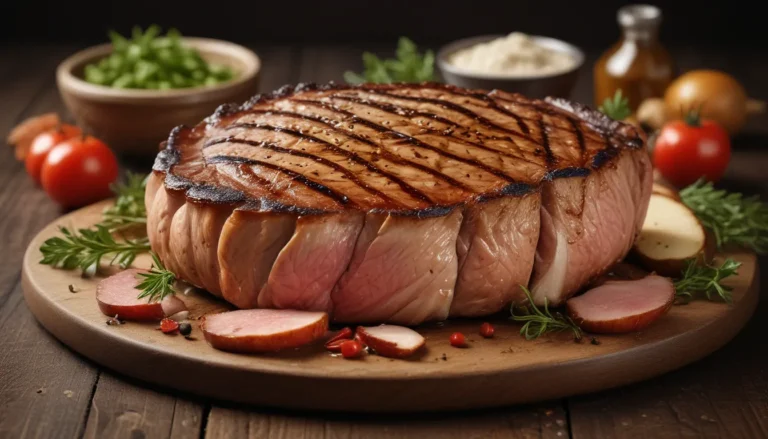The pictures in our articles might not always show exactly what the text is talking about. We use these images to make the article more interesting and eye-catching. They are there to add to the text, but not to replace it or show every detail.
Gin, a spirit steeped in history and tradition, has captured the hearts of many with its distinct juniper flavor and versatility in cocktails. From its origins as a medicinal tonic to its role in illicit speakeasies during the early 20th century, gin has a rich and fascinating history that continues to captivate enthusiasts worldwide. In this article, we will delve into nine compelling facts about gin and its association with the notorious "Gin and Sin" era, exploring the world of gin beyond its elegant facade.
Unraveling the Origins of Gin
Gin, a beloved alcoholic beverage, traces its roots back to the 17th century in the Netherlands. Derived from the Dutch word "jenever," meaning juniper, gin's defining botanical, it was initially invented by the Dutch physician Franciscus Sylvius as a medicinal remedy. Over time, gin transitioned into a popular recreational drink, gaining widespread acclaim for its unique flavor profile and botanical infusion.
The Role of Juniper Berries in Gin Production
Juniper berries play a crucial role in gin production, infusing the spirit with its characteristic piney and citrusy notes. Alongside juniper berries, a blend of botanicals such as coriander, angelica root, and citrus peels contributes to the complex flavors and aromas of gin. The combination of these botanicals creates the distinctive taste that sets gin apart from other spirits.
Embracing the Classic Gin and Tonic
The Gin and Tonic, a quintessential gin-based cocktail, has a rich history originating in British colonial India. Initially crafted as a remedy for malaria due to the quinine content in tonic water, this refreshing drink has stood the test of time. With its crisp and invigorating taste, the Gin and Tonic remains a beloved choice among cocktail enthusiasts.
Exploring the Diverse Types of Gin
Gin comes in various styles, including London Dry Gin, Old Tom Gin, and Navy Strength Gin. London Dry Gin is renowned for its dry and juniper-forward taste, while Old Tom Gin offers a sweeter flavor profile ideal for classic cocktails like the Tom Collins. Navy Strength Gin, with its higher proof, has historical ties to the British Royal Navy, adding a robust dimension to the gin landscape.
Reflecting on the Gin Craze of 18th Century London
In the 18th century, London experienced a surge in gin consumption, known as the "Gin Craze," leading to social issues and increased crime rates. This period prompted regulations and restrictions on gin production and distribution, culminating in the Gin Act of 1751 to curb the negative impacts of excessive gin consumption.
Embracing the Timeless Elegance of the Martini
The Martini, a timeless and sophisticated cocktail often crafted with gin, remains an iconic symbol of elegance. Comprising gin and vermouth, garnished with a lemon twist or olive, the Martini's precise origins may be debated, but its enduring popularity as a symbol of refinement is unquestionable.
Unveiling the Versatility of Gin in Cocktails
Gin's versatility shines through in a myriad of cocktails, catering to diverse taste preferences. From the classic Negroni and the effervescent Gin Fizz to the fruity Singapore Sling and the herbaceous Gin Basil Smash, there is a gin cocktail to suit every discerning palate. The wide array of flavors and botanical infusions make gin a favorite among mixologists and cocktail enthusiasts alike.
Celebrating the Rise of Craft Gin Distilleries
The craft gin movement has gained momentum in recent years, with small-scale distilleries crafting artisanal gins that push the boundaries of flavor and innovation. These distilleries experiment with unique botanical combinations and production techniques, contributing to a vibrant and diverse gin market brimming with creativity and quality.
Embracing Gin’s Global Appeal
Gin's universal charm is evident in its global following, with each country embracing its own unique gin traditions and cocktails. From the classic Gin and Tonic in England to the spicy Ginjinha in Portugal and the herb-infused Gin Mare in Spain, gin's versatility transcends borders, uniting enthusiasts worldwide in their appreciation for this beloved spirit.
In Conclusion
As we immerse ourselves in the captivating world of gin and sin, we uncover a tapestry of history, craftsmanship, and cultural significance woven into each spirited sip. From its medicinal beginnings to its enduring presence in cocktail culture, gin stands as a testament to the evolution and resilience of a cherished spirit. Whether a seasoned gin aficionado or a curious enthusiast, the allure of gin and sin invites all to indulge in its rich history and diverse flavors responsibly.
FAQs
- Q: What is gin made from?
-
A: Gin is primarily distilled from juniper berries and a blend of botanicals like coriander, angelica root, and citrus peels.
-
Q: Is gin the same as vodka?
-
A: While both are distilled spirits, gin sets itself apart with its distinct botanical-infused flavor profile, unlike the neutral taste of vodka.
-
Q: What are some popular gin cocktails?
-
A: Popular gin cocktails include the classic Gin and Tonic, the refreshing Tom Collins, the iconic Gin Martini, and the floral French 75.
-
Q: Does gin have health benefits?
-
A: Historically used as a medicinal tonic, gin is believed to offer certain health benefits in moderation, aiding digestion and circulation.
-
Q: What is the history of gin?
- A: Gin originated in the Netherlands in the 17th century and gained popularity in England during the 18th century for both medicinal and recreational purposes.
Dive into the world of gin and sin, where history, culture, and craftsmanship converge to create a spirited journey worth savoring. Experience the allure and allure of gin responsibly, embracing its rich heritage and endless possibilities in the world of mixology. Cheers to the enduring spirit of gin and its timeless appeal across generations and borders!






